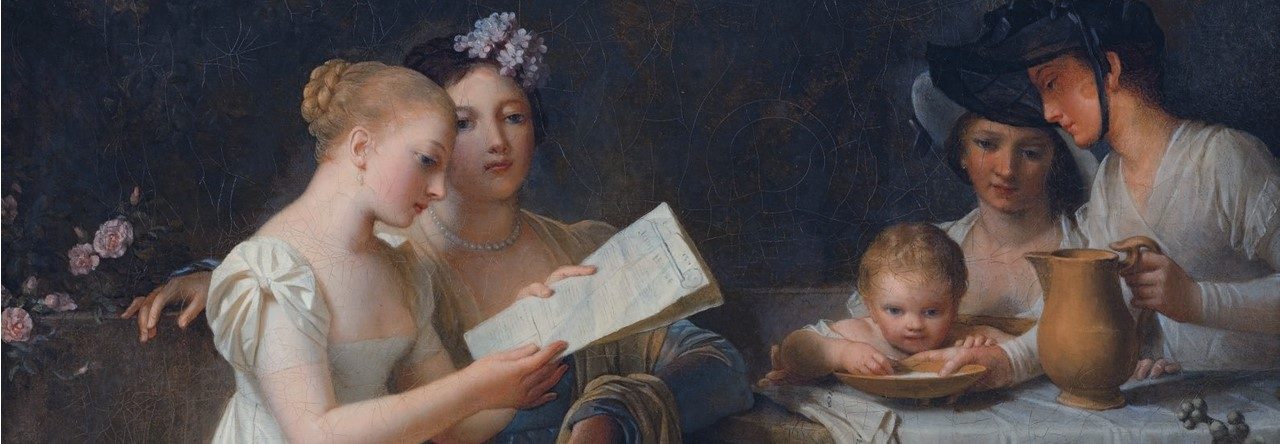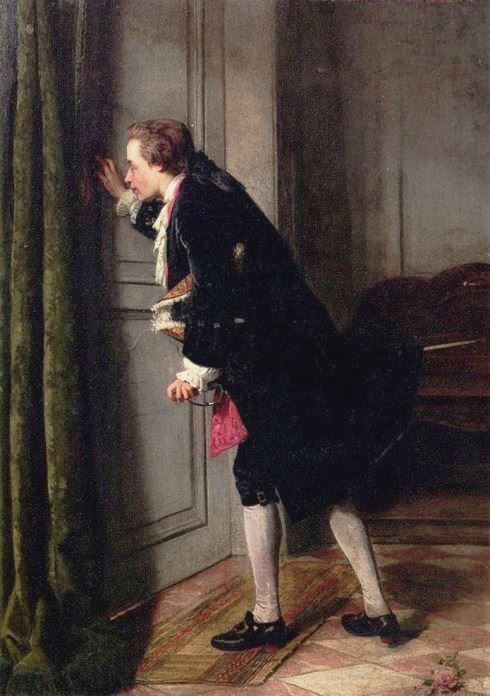 Dearest Mr. Clemens, thank you for the delightful Tea you arranged for my sister and I before we left London. As you predicted, there is much delicious information to be had at Sir Peter and Lady Somerville’s house party in the lovely Sussex countryside. My sister Prudence will have already alerted you to the goings on of the night rider Captain Midnight. There will be more on that subject!
Dearest Mr. Clemens, thank you for the delightful Tea you arranged for my sister and I before we left London. As you predicted, there is much delicious information to be had at Sir Peter and Lady Somerville’s house party in the lovely Sussex countryside. My sister Prudence will have already alerted you to the goings on of the night rider Captain Midnight. There will be more on that subject!
My purpose this morning is to inform you about one particular story of potential interest to your readers. A stranger appeared in the nearby village a week or so ago. While he appears to be a gentleman, he is not, in fact a guest of the Somervilles. He has been staying at the common hotel all this time. He has taken close, even obsessive interest in a woman who lives alone with only her small son for company.
Mrs. Tessa Fleming is a war widow and as such should be admired, but really, is it proper for her to be living on her own? The stranger has made repeated visits to her home, and I’ve heard not one word of a chaperone. The ladies here about, both of high and low estate generally attest to the woman’s virtue. Still, one must wonder about these visits by a man of particularly attractive visage and form, and the ladies watch the situation avidly.
What led me to write today is that the identity of the stranger has been revealed. He introduces himself as Titus Flavius Brannock, lately major in His Majesty’s 11th Dragoons. What was revealed last night is that he is the brother of the Earl of Astleigh! Lady Somerville, of course, immediately insisted that he be her guest when she discovered this. He will be at the closing ball. I am agog to discover how he will react when he finds that the widow has been invited also.
There will be more
Your most devoted correspondent,
Abigail Danvers
About the Book: Love’s Perilous Road
Travellers, a house party, smugglers, spies–and a mysterious highwayman. Who is the infamous Captain Moonlight? And how many lives will he change–for good or for ill?
Pre-order it for August: https://books2read.com/u/mqx0W6
About the Caroline Warfield’s Story: Charred Hope
Major Titus Brannock believes the charred painting that fell into his hands must be valuable to its owner. When he finds her, he finds a true treasure. Tessa Fleming’s first instinct was to burn the miniature her late husband scorned, but the admiration she sees in Titus’s eyes gives her different ideas. Perhaps the little gem will give them both a pearl beyond price.




 With a Valet in a Wardrobe at Midnight
With a Valet in a Wardrobe at Midnight
 As a governess, Ruth Henwood has always put her pupils first, sometimes sacrificing her own interest. The choice facing her now could become the highest sacrifice of them all.
As a governess, Ruth Henwood has always put her pupils first, sometimes sacrificing her own interest. The choice facing her now could become the highest sacrifice of them all.
 The Duke’s Price
The Duke’s Price Betsy Carmichael, recently dismissed from one of London’s most prestigious addresses wrung her hands and bit her lip.
Betsy Carmichael, recently dismissed from one of London’s most prestigious addresses wrung her hands and bit her lip. Belinda Westcott doesn’t want to injure the Earl of Ridgemont. She merely wants to humiliate him. After all, one good prank deserves a payback. How could she anticipate that it would go so terribly wrong, or that he would turn out to be nothing like she expected?
Belinda Westcott doesn’t want to injure the Earl of Ridgemont. She merely wants to humiliate him. After all, one good prank deserves a payback. How could she anticipate that it would go so terribly wrong, or that he would turn out to be nothing like she expected?